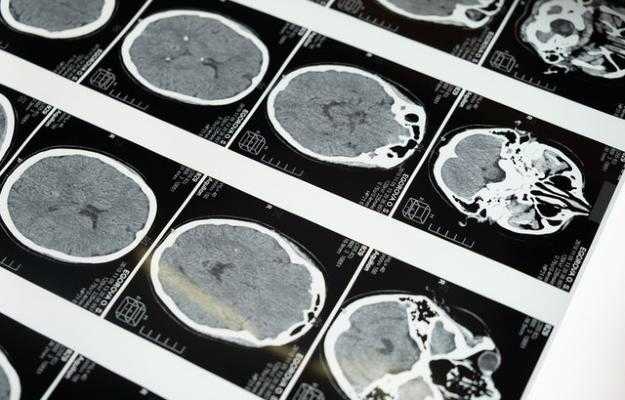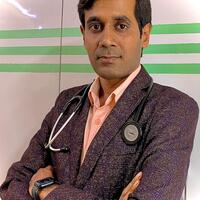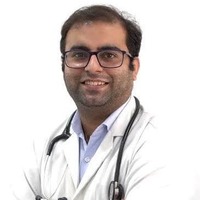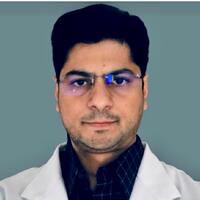Our brains use up about one-fifth or 20% of our total oxygen supply. Indeed, the brain needs a lot of energy to accomplish all the things it does; and for that, it needs a continuous supply of oxygenated blood.
If the brain doesn’t get oxygen for three to four minutes, brain cells start to die. Every minute that the brain goes without oxygen, some two million brain cells die. Within minutes, enough brain cells could die to cause permanent brain damage, brain death and even death. (Read more: Hypoxia symptoms, causes, diagnosis, treatment)
This is what happens in a stroke.
There are three main ways in which a stroke can occur: one, a brain haemorrhage leaks blood into the surrounding tissue and cuts off the oxygen supply to a section of the brain; two, ischemic stroke occurs due to plaque build-up in the arteries that supply blood to the brain; and three, a blood clot in the arteries that run through the neck blocks the blood supply to the brain.
Data show that one out of every four adults alive today will have a stroke at some point in their lives. Data also show that four out of five of the brain strokes that do occur are preventable.
Indeed prevention is the theme of World Stroke Day 2020—a day has been observed on 29 October since 2006, when the World Stroke Organisation started it to raise awareness about strokes, a leading cause of disability and death around the world.
Read on to know who is at risk for stroke and how you can prevent stroke.






















